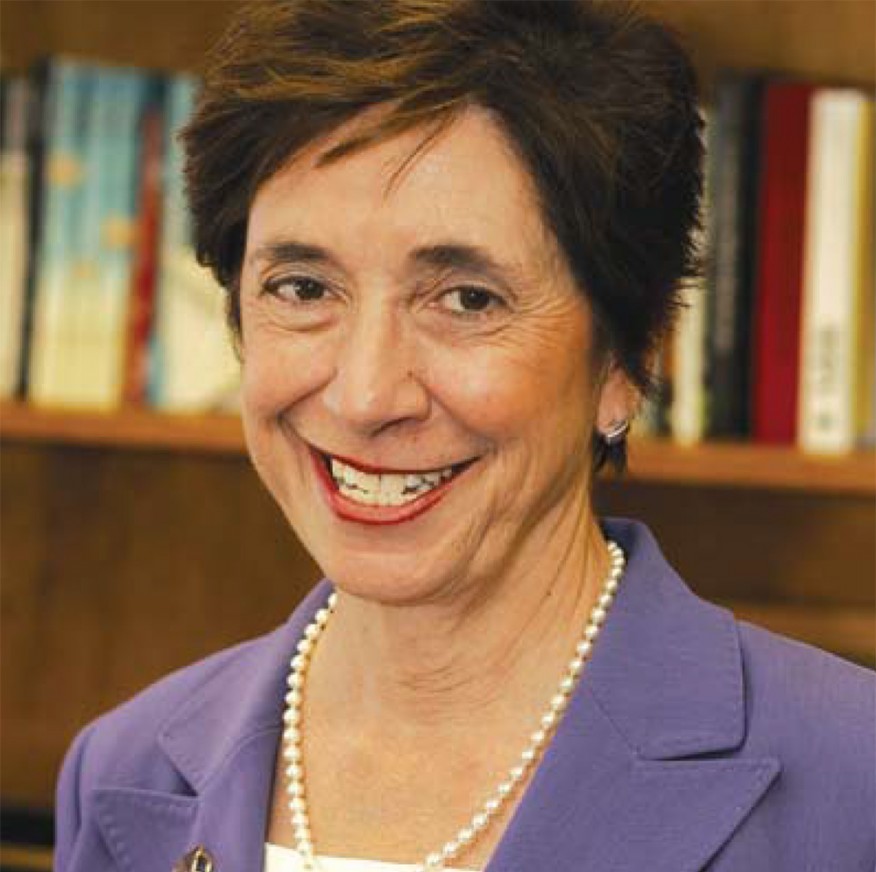My current activities have often built on previous experience, which gives me confidence to take on something new,” says Mary “Sue” Wesselkamper, president of Hawaii’s Chaminade University, reflecting on her career in social work education and higher education administration.
The challenge and nurture offered by many U-M SSW professors left a lasting impression on Wesselkamper’s personal and professional growth. “My professional interest in experiential education developed under Professor Frank Maple, an innovator in the field. He engaged students with experiential learning and reflection, a method that works well with social work.” The late Henry J. Meyer, SSW professor and founding director of the Joint Program in Social Work and Social Science, also made an impact on Wesselkamper.
After completing doctoral work in the State University of New York System and Hunter College’s research department (where she held classes with Professor Irwin Epstein, an SSW mentor), Wesselkamper accepted a position in New Rochelle College’s social work program, where she taught for three years before serving as dean of the School of Arts and Sciences. Though at first anxious about her preparation for the job, Wesselkamper quickly discovered that her social work training would serve her in good stead. “Administration parallels social work; it’s about establishing relationships, solving problems, developing vision, and assessing its implementation. So I often drew on the skills I learned at Michigan.”
By the mid-1990s, Wesselkamper was ready for something new and found Chaminade’s mission compelling. Her social work background prepared her to deal with challenge, which she found to the extreme on assuming the office of university president. “Chaminade was in financial distress and lacked the resources to solve its financial difficulties. I had been trained in group work community development and relationship building, and it was natural for us to partner with outside institutions and with the Marianists, the university’s religious sponsor.”
She found it an exciting first year. And though the financial situation has greatly improved and day enrollment has nearly doubled since 1995, many challenges remain. Small schools, dependent on enrollment and donorship, must strive to remain sustainable. “We’re working to root ourselves in serving the community,” Wesselkamper explains. “And in the midst of a capital needs campaign, we’re also recovering our unique identity and building it into our curriculum and co-curricular activities.”
“It’s been a tremendously rewarding experience,” Wesselkamper concludes. “Chaminade is small, so I know many students by name or face and have opportunity for informal contact.”
Though sports fans remember Chaminade from its 1982 basketball upset of the University of Virginia, Wesselkamper has a different focus: “We want to continue preparing students for careers, values-based living, and making positive contributions to their communities.”
—Elizabeth Leimbach Zambone is a freelance editor and writer living in Charlottesville, Virginia.
